Hugh Corder and Alistair Price
The Legal Practice Bill has laudable goals. It is widely acknowledged that legal services are not affordable for most South Africans. Entry into and progression within the legal profession is especially difficult for black and/or female law graduates. Change has been painfully slow since 1994. The Bill aims to tackle these serious problems.
It is not our intention to engage in a detailed consideration of the strengths and flaws of the Bill: they have been widely canvassed before the Parliamentary Justice Committee over the past year. We wish rather to emphasise a broader constitutional criticism, voiced eloquently and publicly by Chief Justice Arthur Chaskalson just weeks before his death last year. As a human-rights lawyer, defence lawyer of Nelson Mandela, and the first President of our Constitutional Court, Chaskalson had a particularly clear understanding of potential threats to constitutional democracy and the rule of law. The nub of his criticisms was this.
The Bill, in its present form, poses a grave threat to the independence of the legal profession. This matters for the following reasons. Section 1 of our Constitution states that we, as South Africans, commit ourselves to the rule of law. This commitment is central to our post-apartheid aspiration to build a society that respects human dignity and promotes equality and fundamental freedoms. It requires that our society be ruled by law, not by the arbitrary decisions of those in positions of public and private power, and that state officials especially be legally and publicly accountable through the courts. It requires that those courts be sufficiently independent from other powerful interest groups – as a matter of institutional design and judicial approach – to make this a real check on power. The crucial point is that judicial independence depends, in turn, on the existence of an independent legal profession.
This link is globally acknowledged (for instance, by the UN, the Commonwealth Ministers of Justice, and International Bar Association). Courts cannot perform their duty to apply the law impartially, without fear or favour, unless they are assisted by lawyers who are themselves independent of external control. An independent profession enables – indeed, in the case of advocates, obliges – lawyers to argue for unpopular causes. To quote Justice Chaskalson, “it is in the public interest, and of clients, that the culture of the legal profession should be rooted in [its] independence…, and that lawyers should not be subject to outside influences or be concerned that if they take on a case for a particular client they will incur the hostility of the government or other powerful bodies.” This independence enabled lawyers like Chaskalson to represent opponents of the apartheid regime in court, while regrettably some practitioners were only too ready to ingratiate themselves with that regime. The point, however, is that the independent character of the profession tolerated both approaches. Equally importantly, years of tertiary and vocational legal training followed by practice in an autonomous profession foster a spirit of independence that is entirely appropriate given that judges are predominantly appointed from such ranks. As teachers of law, we would argue that there is an unbreakable link between our academic freedom to decide what and how we teach, and the qualities of independence of spirit and critical inquiry essential to the maintenance of an independent judiciary and the rule of law. Thus legal education must also play its part in establishing such independence.
Certain provisions of the Legal Practice Bill threaten the independence of the legal profession. For example, the Bill establishes a Council to regulate the day-to-day functioning of the profession, but the Minister is empowered to dissolve it, without its agreement. Furthermore, the Minister is empowered to make regulations on a wide range of matters, including vocational training, community service, fee structures, and continuing professional development. When making these regulations, the Minister must consult with, but is not obliged to obtain the agreement of, the Council or of legal practitioners generally. The Bill therefore places extraordinary power over the legal profession in the hands of party politicians representing a particular constituency, not the whole electorate. That, again, undermines the profession’s independence.
Undoubtedly, the regulation of the legal profession must be modernised to remedy its flaws, but not at any cost. Concrete steps must be taken, by the government and the legal community jointly, to improve access to affordable legal services and to transform and promote equity in the legal profession. For example, we support regulation that effectively tackles the problem of excessive fees charged by some practitioners, but only in consultation with the leadership of the profession.
The Bill confers overly wide and vague powers on the Minister. These must be removed. Echoing the late Chief Justice, we urge that the independence of the legal profession be strengthened rather than undermined, in order to protect an independent judiciary, and thus the rule of law. The noble goals of improving access to legal services while promoting a more equitable, representative, and independent profession should be pursued with equal vigour, but not so as to undermine the foundational constitutional value of the rule of law.
Hugh Corder is Professor of Public Law and Alistair Price a Senior Lecturer in Private Law at the University of Cape Town

